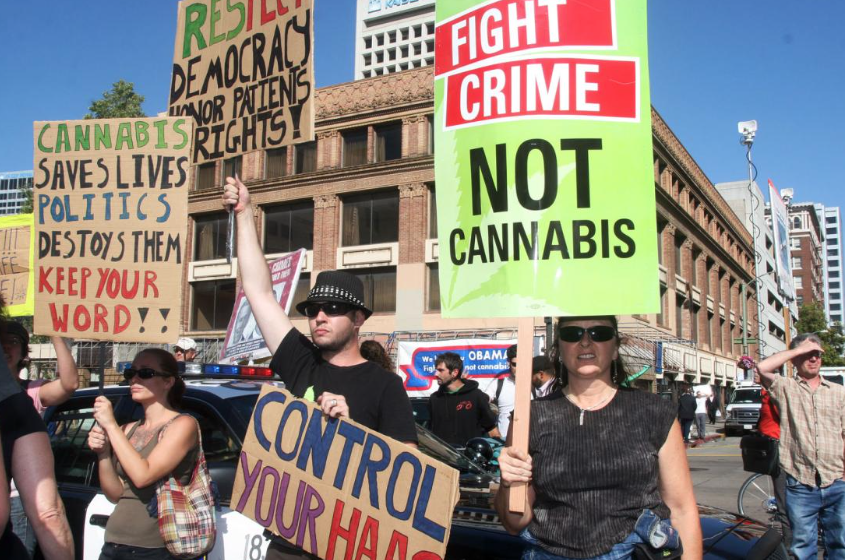Berkeley, California becomes the nation’s first social cannabis “sanctuary city”
Last week, the Berkeley city council voted unanimously to become a sanctuary city for social cannabis – the first of its kind. What does a cannabis sanctuary city entail?
City employees and agencies will be prohibited from using their resources to assist the enforcement of federal cannabis laws or providing information on legal cannabis activities.
“The city of Berkeley does not support cooperation with the Drug Enforcement Administration in its efforts to undermine state and local marijuana laws,” the council’s measure states.
According to the Berkeley Mayor Jesse Arreguin, the move was in response to “threats by Atty. Gen. [Jeff] Sessions regarding a misguided crackdown on our democratic decision to legalize recreational cannabis.”
This is in reference to Sessions’ January decision to rescind the Cole Memo, an Obama-era federal policy that provided some but not total legal protection for cannabis sales in medical and social states.
“We have become what may be the first city in the country to declare ourselves a sanctuary city for cannabis,” Arreguin tweeted.
The city’s measure, however, does not prevent city resources from being used to investigate cannabis crimes that are illegal under state law.
“Millions of peaceful Americans have been fined, arrested, imprisoned, or otherwise needlessly criminalized and stigmatized, sometimes for life, because of their use of marijuana,” Arreguin said in a statement. “Ending this misguided policy is long overdue.”
Berkeley has a history of being a cannabis-friendly city. In 1979, citizens voted to pass what is called the Berkeley Marijuana Initiative, which directed the city police to make the possession, cultivation, sale and transportation of cannabis the lowest priority. In 2008, the council passed a measure classifying Berkeley a sanctuary city for medical cannabis patients and providers. In 2016 with the passage of Proposition 64, California’s social cannabis legalization bill, voters in Berkeley supported the bill by 83 percent – 26 points higher than the state average.
“Berkeley has always been a sanctuary city,” said Councilman Bartlett. “When Jeff Sessions announced he was repealing Obama-era protections on states’ rights in regards to cannabis, we decided to step up.”
Bartlett added the establishment of Berkeley as a social cannabis sanctuary city is playing a major role in preventing federal overreach when it comes to California state law.
“We will not allow the return of Prohibition,” he said. “It destroys communities of color, thwarts the will of the people and prevents a healthy economy from manifesting.”










